
From assisting in farming and environmental management to providing companionship and protection, many animals offer unique services that benefit humanity and ecosystems alike. Here’s a look at eleven species that do amazing things for us every day.
1. Bees: Pollination Powerhouses
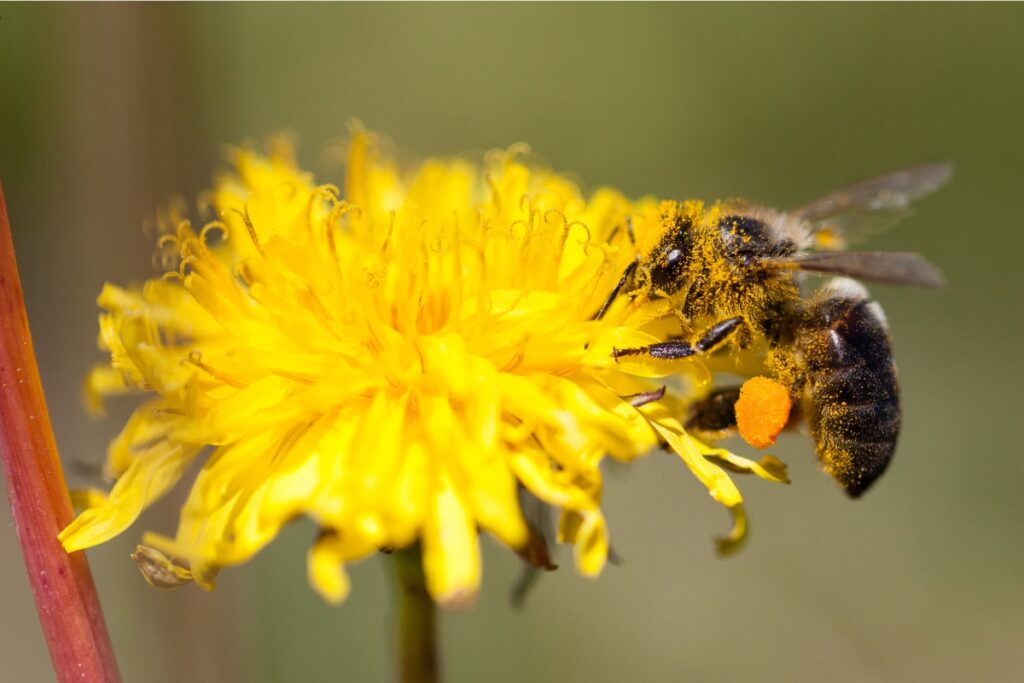
Bees are essential to the world’s food supply. Pollinating plants like coffee, apples, almonds, and tomatoes, these buzzing insects help produce the foods that sustain us. About one-third of our global food crops rely on bees and other pollinators, but beyond their agricultural impact, they are also crucial for biodiversity. By transferring pollen between plants, they enable flowering plants to reproduce, ensuring the survival of countless other species. These insects have a direct hand in keeping our world vibrant and full of life. Supporting bee populations benefits us all.
2. Elephants: Forest Guardians
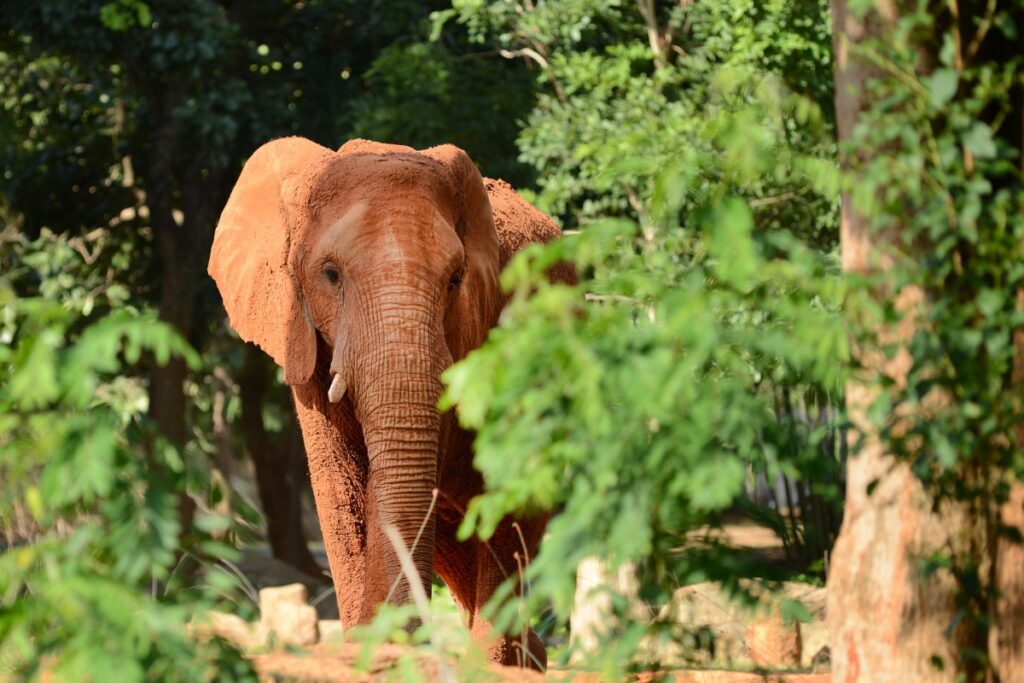
With their hefty size and large appetites, elephants play a significant role in shaping their environment. As they wander, they disperse seeds through their dung, which plants forests and restores habitats. In fact, elephants are known to help grow high carbon-density trees that capture and store carbon, aiding in the fight against climate change. They even create pathways through dense vegetation, making it easier for smaller animals to navigate their habitats. The impact of these gentle giants on the environment is profound and long-lasting.
3. Goats: Eco-Friendly Lawn Mowers
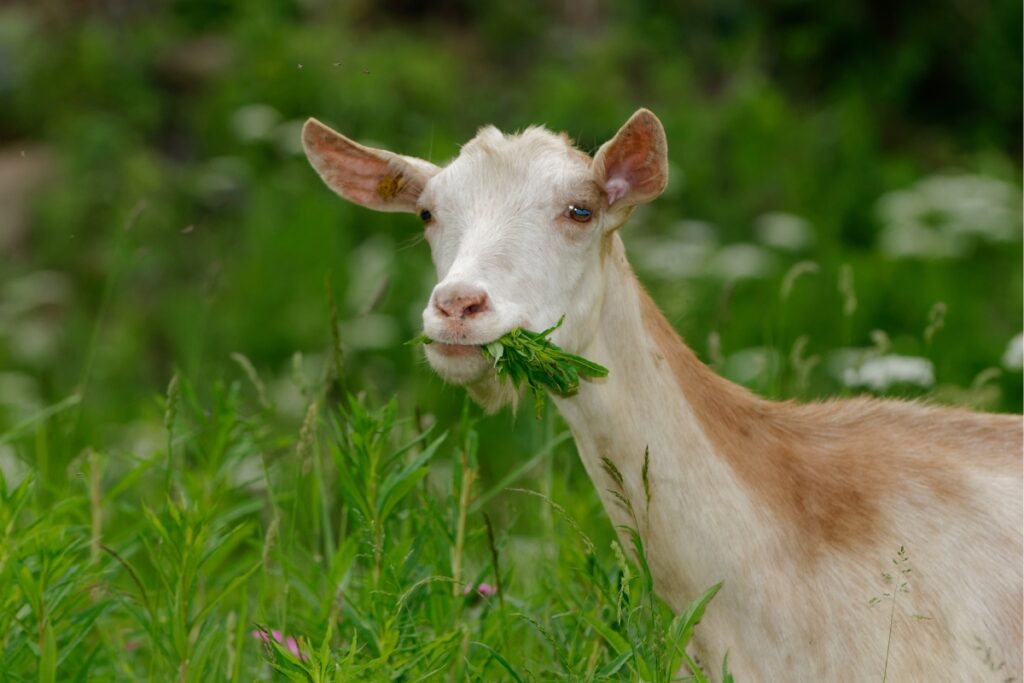
When it comes to clearing unwanted vegetation, goats are natural pros. These animals can devour thick brush, invasive plants, and weeds in areas where traditional methods might be costly or damaging. Goats have been used in fire-prone regions to reduce dry brush, making the areas safer and more fire-resistant. Their grazing habits also support soil health, enriching the ground as they move. Many municipalities and landowners rely on goats for sustainable land management, proving that sometimes, nature’s own solutions are the best.
4. Dogs: Life-Saving Companions
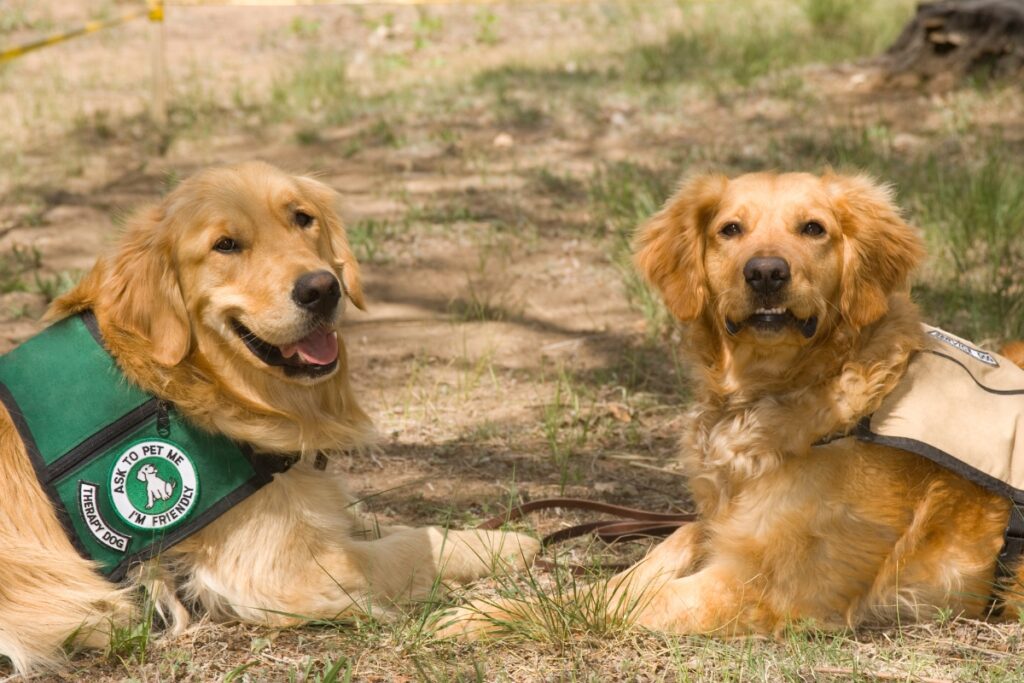
Dogs are truly versatile friends to have. Trained dogs assist individuals with disabilities by guiding, alerting to medical issues, and providing emotional support. Some are even taught to sniff out health conditions like seizures or detect high blood sugar levels. In law enforcement and the military, dogs are invaluable, trained for tasks ranging from detecting explosives to search and rescue missions. Dogs also serve on farms as herders, protecting livestock and keeping operations running smoothly. The bond between humans and dogs runs deep, forged through centuries of cooperation.
5. Pigeons: Messengers of the Sky
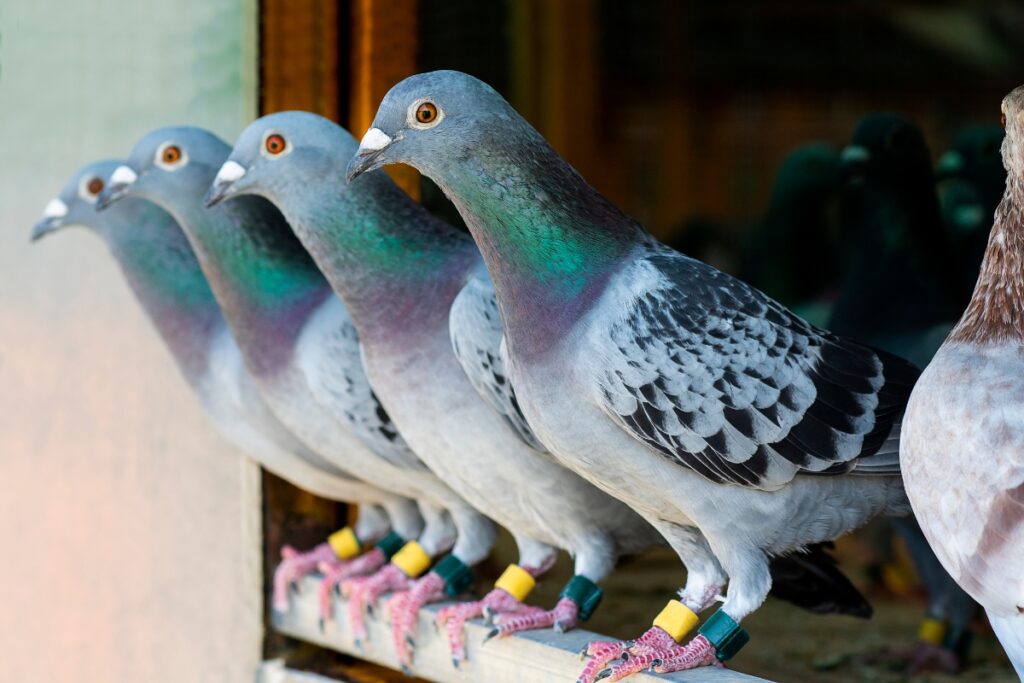
Known for their homing instincts, pigeons have been used to deliver messages across long distances for centuries. In wartime, their ability to find their way home over hundreds of miles made them essential for transmitting important information. They saved countless lives by carrying messages that would otherwise have been impossible to deliver. Pigeons are still sometimes kept for emergencies in some regions—in case modern communications fail. With their unique navigation skills, pigeons remind us that nature has its own GPS system.
6. Whales: Oceanic Climate Champions
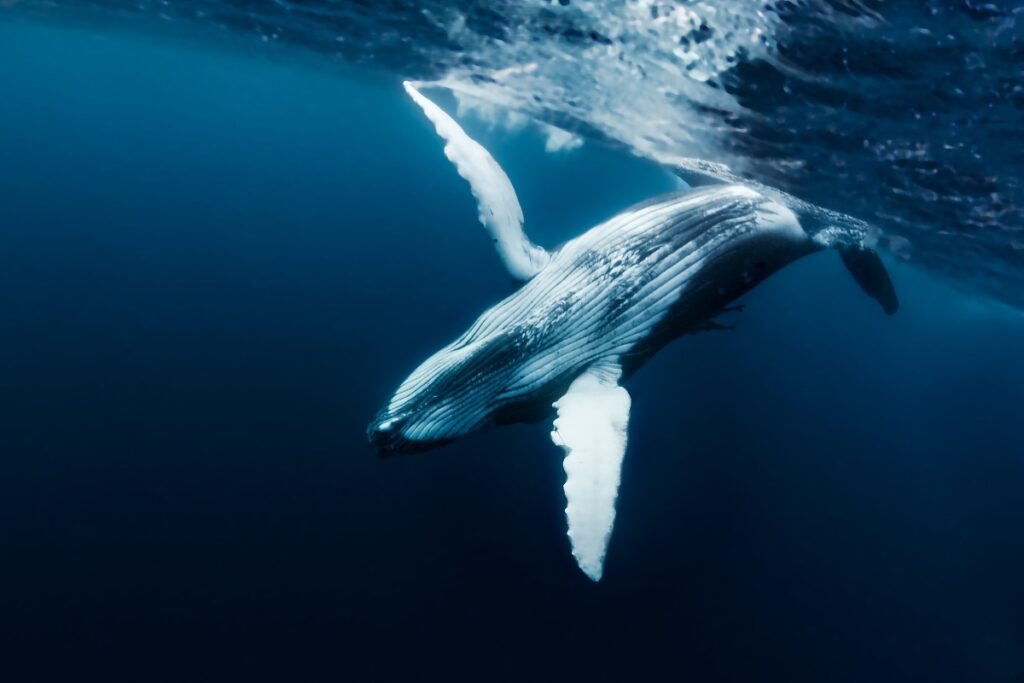
Whales have a remarkable, though unseen, influence on climate health. As they roam the seas, their waste fertilizes phytoplankton, which forms the base of the marine food web. Phytoplankton absorbs vast amounts of carbon dioxide, thus reducing greenhouse gases and producing oxygen. When whales die, their bodies sink to the ocean floor, providing sustenance for other marine creatures for decades—a process known as “whale fall.” These giant creatures support an entire ecosystem, contributing to ocean health and balancing global carbon levels.
7. Horses: Therapeutic Companions

The connection between humans and horses goes beyond companionship. In equine-assisted therapy, horses provide support for individuals dealing with PTSD, autism, cerebral palsy, and other conditions. Studies show that being near horses can reduce anxiety and help people develop physical and social skills. Riding horses helps us strengthen core muscles, improve balance, and even build confidence. Horses are incredibly responsive to human emotions, making them ideal partners in physical and mental health therapy and healing.
8. Rats: Master Landmine Detectors
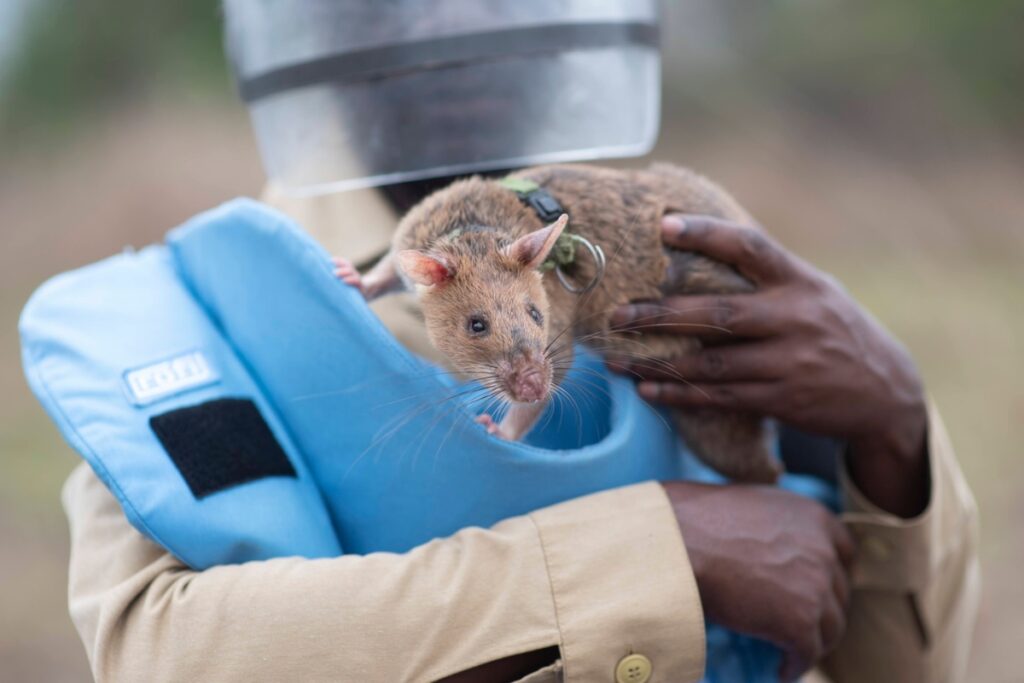
Though often misunderstood as pests, rats are transforming landmine detection efforts worldwide. Due to their excellent sense of smell and small size, rats can sniff out explosives without triggering the mines. These trained rodents work quickly and efficiently, making demining efforts safer and more affordable in affected regions. In addition to detecting landmines, rats are also used to identify tuberculosis in human samples. Their efforts make a priceless difference, showing that even the smallest creatures can make a big impact.
9. Cats: Professional Pest Control

One of the most popular pets in the world, cats also play an essential role as pest controllers. Their keen hunting instincts make them effective at keeping homes, farms, and even ships free from rodents and other unwanted critters. Historically, cats were brough on ships and into cities to control rat populations, helping to reduce the spread of diseases carried by these pests. Even today, “working” cats are kept in some places to keep building rodent-free. With their keen senses and agility, they serve as a natural and eco-friendly solution for pest control.
10. Pigs: Truffle Hunters Extraordinaire
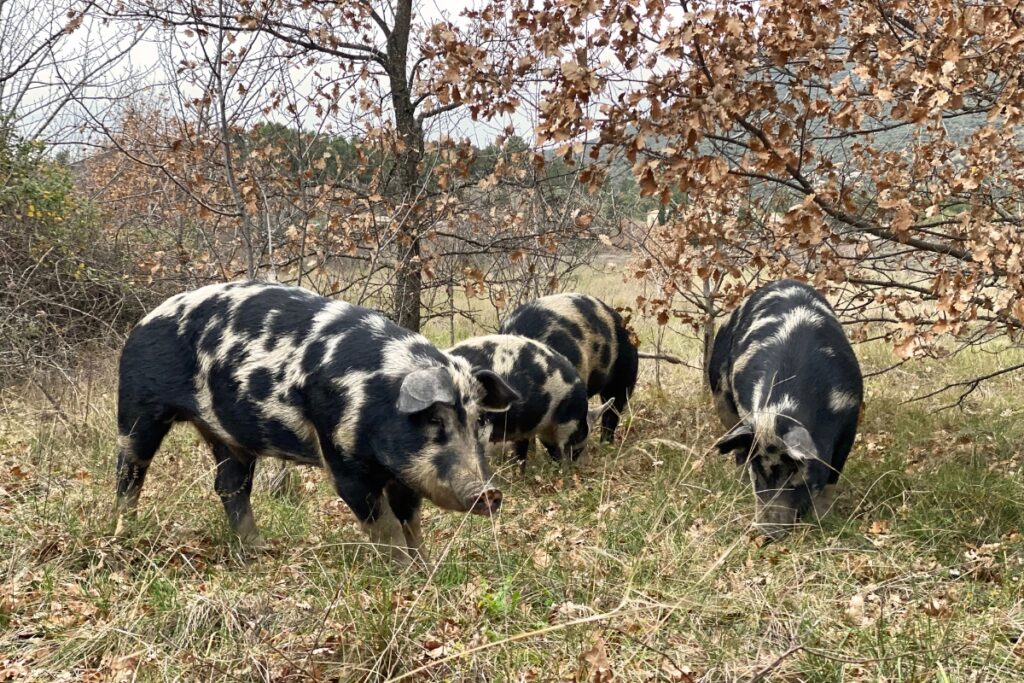
Truffles, prized and rare fungi found underground, are a valuable delicacy. Pigs have an extraordinary ability to locate these rare treats thanks to their keen sense of smell, which can detect truffles hidden up to three feet beneath the surface. Some truffle hunters continue to rely on pigs to find these hidden treasures in the wild, as they are unmatched in this ability. By funding truffles, pigs help support a thriving culinary industry and contribute to local economies in truffle-producing regions.
11. Birds of Prey: Rodent Regulators
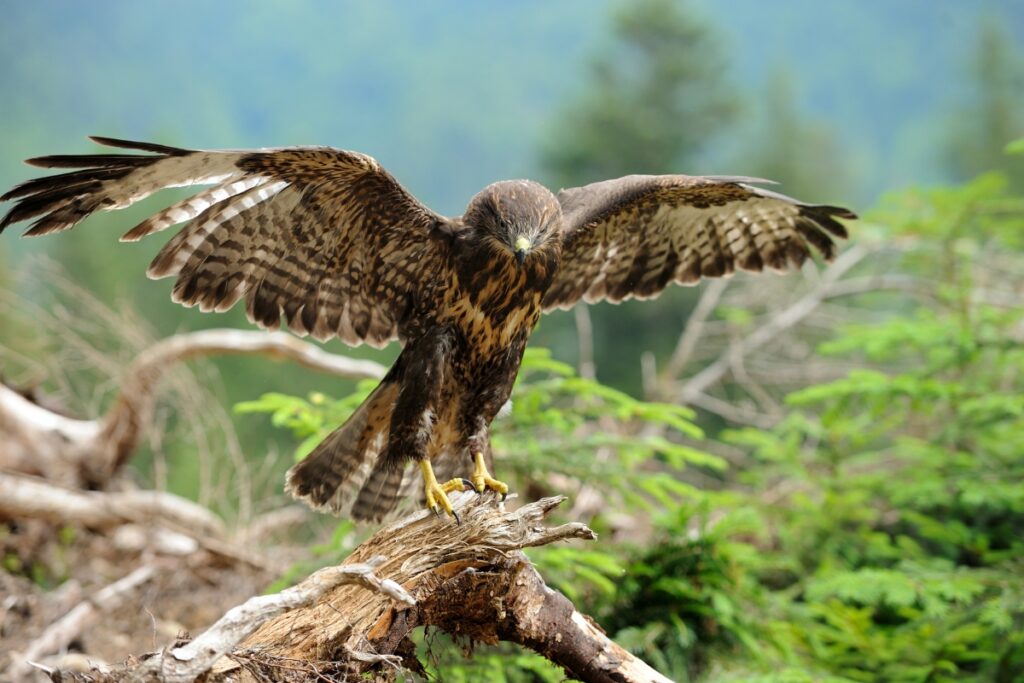
Owls, hawks, and other birds of prey help maintain the balance of ecosystems by controlling rodent populations. Farmers and gardeners have long appreciated these skilled hunters for their role in reducing the number of pests that damage crops. Attracting birds of prey with nesting boxes provides a natural form of pest control, reducing the need for pesticides and supporting a healthy, balanced ecosystem.
Stay connected with us for more stories like this! Follow us to get the latest updates or hit the Follow button at the top of this article, and let us know what you think by leaving your feedback below. We’d love to hear from you!







